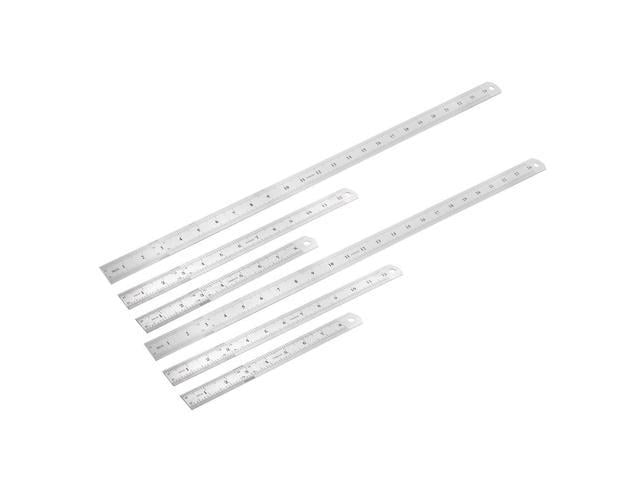Ada, or Ardor: A Family Chronicle (1969), the longest of Nabokov’s novels, is a witty and parodic account of a man’s lifelong love for his sister. All of his favorite themes and most characteristic techniques are woven into this culminating work of Nabokov’s imagination. Transparent Things (1972) is a haunting novella of the anguished life of Hugh Person, a young American editor and proofreader: his marriage, the murder of his wife, and his lone journey to uncover the truth about the past. With its multiple narrative voices and fusion of dream and memory, it is among the most formally experimental of Nabokov’s works. Look at the Harlequins! (1974), Nabokov’s final novel, concerns Vadim Vadimovitch N., a novelist very much like Nabokov himself. This ironic, intricate hall of mirrors, startling in its shifts of tone and off-key echoes of Nabokov’s earlier books, often blurs the line between the worlds of reality and of literary invention. The texts of this volume incorporate Nabokov’s penciled corrections in his own copies of his works and correct long-standing erro















